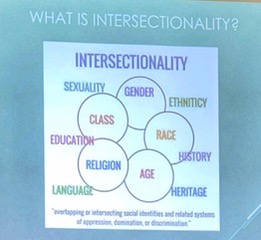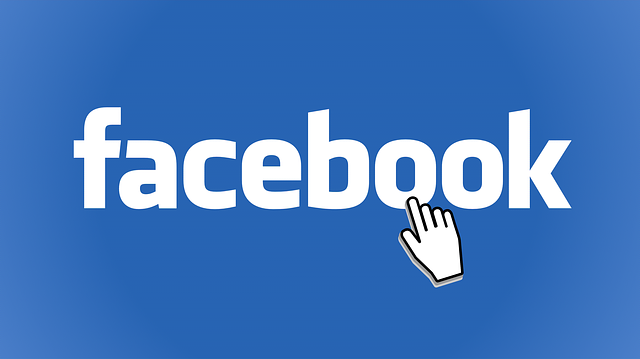Facebook goes full-on woke using Critical Race Theory in new censorship policy
October 14, 2021
Facebook introduced a new censorship policy today that has gone full-on woke, using terms from Critical Race Theory (CRT) like “intersectionality” to protect two new classes of people; journalists and human rights activists. Facebook described them as “involuntary public figures.”
Both journalists and human rights workers rely heavily on social media to get their message out and Facebook says they are people who might be “vulnerable and marginalized” on Facebook.
Hence, the new policy.
EXCLUSIVE Facebook to change rules on attacking public figures on its platforms https://t.co/0blDVTDh04 pic.twitter.com/qYnt8hHGTg
— Reuters (@Reuters) October 13, 2021
Human rights workers outside of the U.S. might be “vulnerable and marginalized” but can the same be said for journalists inside the United States?
Not by a long shot. Journalists are among the most elite in the country. They are hardly public figures by accident. Anyone who writes for a living or who performs for an audience — which includes journalists — wants the largest number of people to pay attention to them.
And does “human rights activists” include someone like Stacey Abrams, the Georgia gubernatorial candidate who claimed the election was stolen from her?
Democrats like to pitch her as a civil rights activist, despite her false claim the election was stolen from her. Is that the same as a “human rights” activist?
And as far as marginalization goes, Abrams just got a 29 million dollar investment from venture capitalists to expand her company following the $9.5 million she got previously.
But wait, there’s more to it than that. The CRT concept of “intersectionality” that Facebook is applying to human rights workers and journalists is unreasonable. It would submit that Abrams can be a millionaire but still be “vulnerable and marginalized” because she is a Black woman.
And she could be more “vulnerable and marginalized” if she were also gay. Three intersections are better than two.

The same construct would suggest that CNN’s Don Lemon will be considered “vulnerable and marginalized” because he’s Black and gay.
That’s the concept of intersectionality at work.
Intersectionality says white men cannot be “vulnerable and marginalized.” Everyone else is “vulnerable and marginalized” more or less depending on how many “intersections” they have on the “vulnerable and marginalized” scale.
It’s the modern equivalent of having a vote — or extra votes — because you are a landowner.
While the idea of preventing people on Facebook from openly hoping for someone’s death, sexualizing them, comparing them to animals, or physically threatening them makes a lot of sense. This new policy for “vulnerable and marginalized” journalists and human rights workers has created a class of people who will be exceptions to the rule.
Their cases will be judged by different standards than everyone else. They will have more protection and others will have less.
For a company like Facebook, which is already battling against the idea that they inconsistently enforce rules, this will just bring more confusion — and more contempt.
